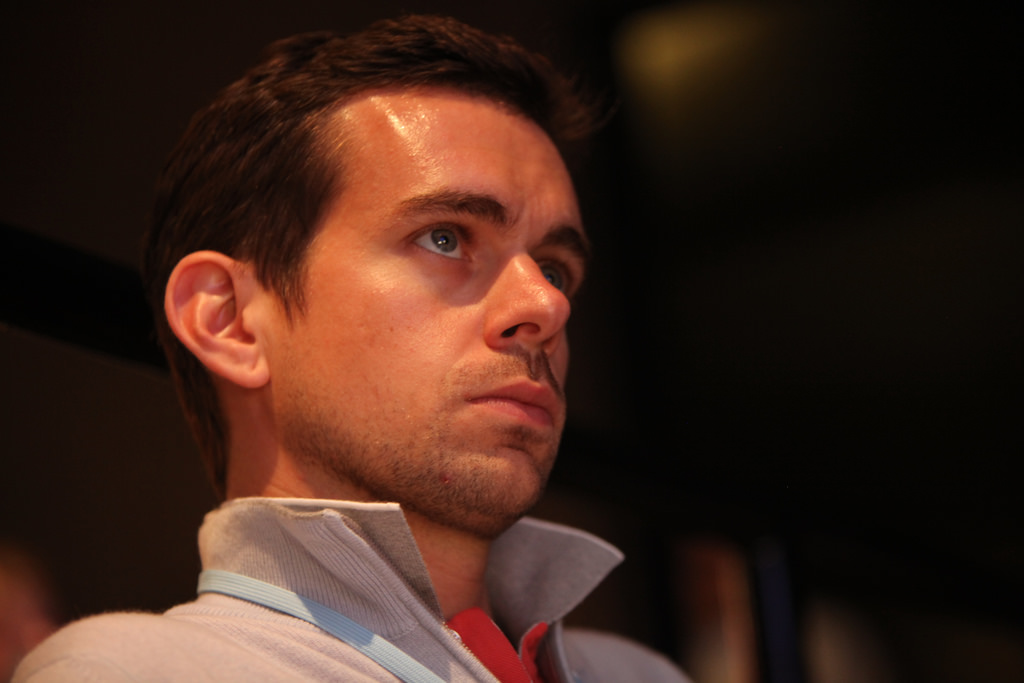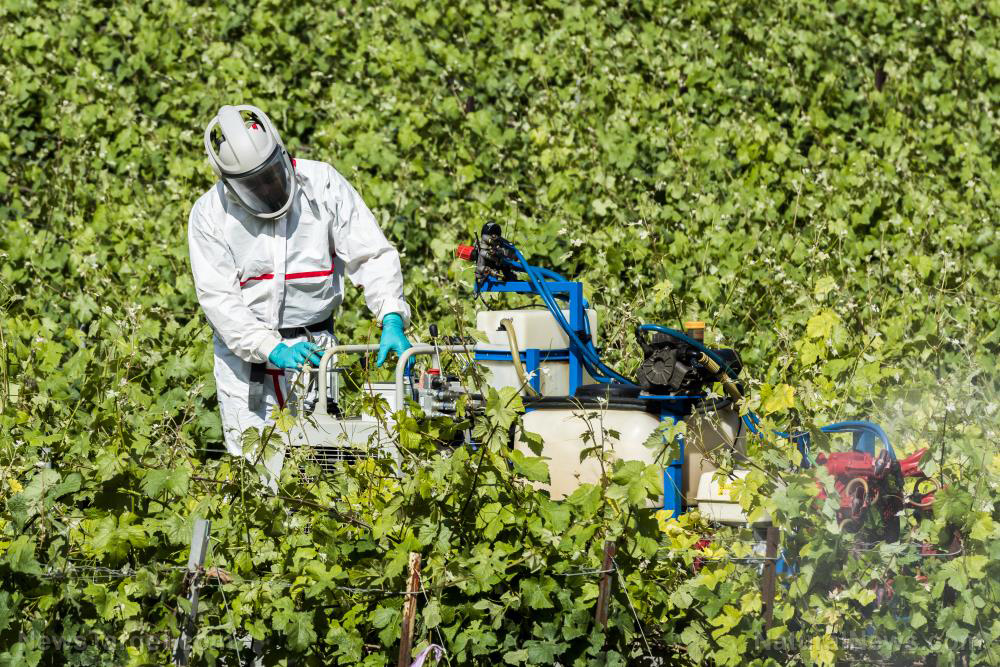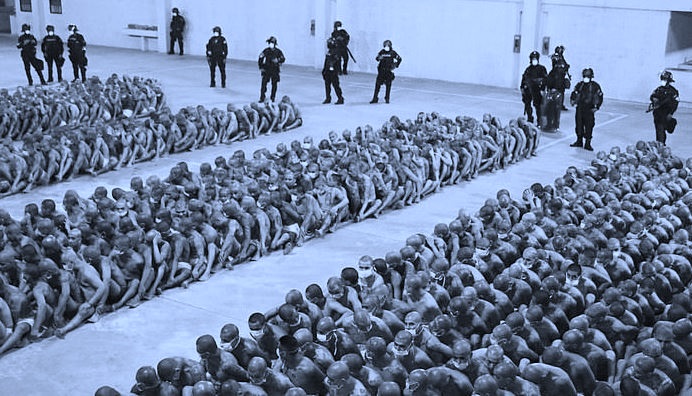
Advertisement
A handful of companies are controlling the majority of the world’s conversations, subtly introducing rules to close the gap of what ideas they find acceptable and slowly edging out those they don’t.
(Article by Cindy Harper republished from ReclaimTheNet.org)
One of the most prominent ways that tech companies have been doing that, of late, is the result of realizing that they get ample media support and can stay in the good graces of legacy media outlets when they censor content for being “misinformation.”
The guise of protecting the world from “misinformation” is fast becoming the easiest justification for censorship online right now.
Twitter has been one of those companies most accused of negatively impacting the public conversation and pushing for censorship.
Twitter CEO Jack Dorsey talked about this in a livestream with Showtime hosts Desus Nice and The Kid Mero.
“Misleading information is like the challenge of our industry right now,” Dorsey said in the Periscoped stream.
The hosts were eager to discuss what Dorsey had in mind for punishing those who say things that is deemed to be “misinformation.”
The example they gave is, what would happen if President Trump tweeted “potentially harmful” statements about the coronavirus?
Dorsey responded that “labeling would come in really handy,” and talked about Twitter’s recent policy announcement that is aimed to tackle the tweets of public leaders.
“When it’s broadcast on television, you have no ability to talk back,” Dorsey said, and while you may not think it based on Twitter’s recent actions, the ability for users to comment and disagree is an important part of Twitter, Dorsey at least says he believes.
Dorsey said that instead of removing the tweets of world leaders, Twitter will instead introduce an “interstitial.”
“Anything that we can do to interstitial a lot of this and provide context that is credible and might show a disagreement or a debate around the topic, I think, would be helpful,” Dorsey said.
“The team is working on a great experiment to do just that, that we hope to launch as quickly as possible to give people a broader context for a particular tweet…I think we’ll disarm a bunch of it.”
The details are sparse so far but it appears that Dorsey plans to introduce a feature that comes in when Twitter finds a statement that a world leader makes and wants to challenge it.
In other words, Twitter feels brave enough to place some kind of editorialized interstitial between a world leader and the reader, that alters the way the reader perceives the tweet.
It could end up being similar to the way Facebook has decided it wants to fact-check certain statements on the platform – and has been putting an overlay on content with a link to a fact-check.
It’s worth mentioning that Facebook’s fact-check has several times in the last month alone, “debunked” something that turned out to actually be true – so Twitter, if it too decides to play this game, must be feeling pretty confident they’re going to get it right. Or, perhaps, they’re just happy to brazenly wield the power anyway.
Dorsey said that Twitter’s number one focus right now is dealing with misinformation. “The ability to create deep fakes is moving much faster and with much higher quality than the ability to detect it. So this is going to be a race, just like security is. You can never build a perfect system. You just have to be 10 steps ahead of the attackers,” he said during the stream.
Read more at: ReclaimTheNet.org
Advertisement
Advertisements
















